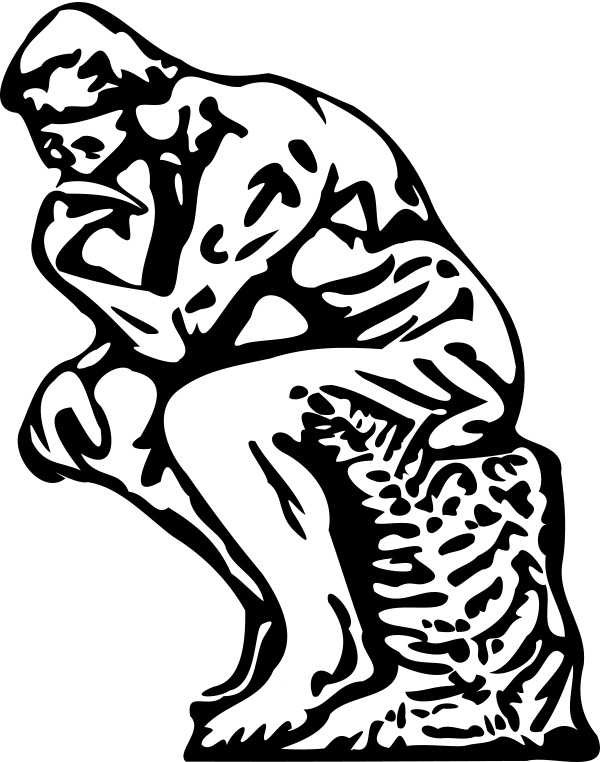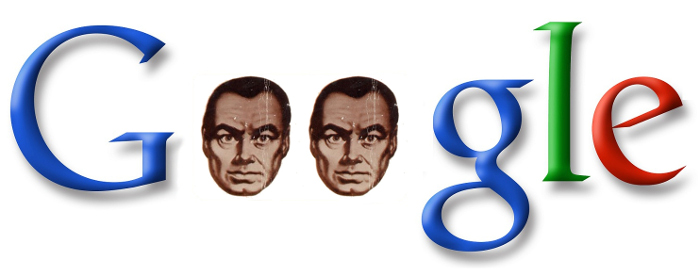In the book 1984, George Orwell explores pervasive surveillance and social control. Citizens in 1984 experience total surveillance, potentially monitored twenty four hours a day through cameras and microphones that are installed into all homes. Everything said and done could be monitored. Because of the effort required, only a small proportion of people are actually monitored at the same time within the Orwellian universe. But because a citizen could never tell when they were being monitored, it wasn’t possible to take any chances.
Back in the real world of today, we now carry around portable systems which can transmit video and audio. They are controlled by software that can easily be subverted to spy on us. These devices also track where we go and transmit it to global data store houses. All our phone calls, all our movements, everything we say on social media is recorded, translated, indexed and processed by cold machines running advanced deep learning software. Huge State institutions full of people are not required for pervasive intrusion of our privacy.
Nothing escapes the unblinking eye of the Internet. With the development of ‘smart speakers’ and ‘smart TVs’, intelligence agencies now have a new avenue into the privacy of our homes. With the establishment of DNA analysis, companies who profile your DNA from your willing donation can establish your genetic weaknesses. Meanwhile your wrist watch is now transmitting your health information, such as heart beat history, location and activity profile, to a big database in the cloud.
The speed at which we have willingly surrendered our privacy has been breathtaking. This is not even counting the invasion of privacy conducted by Government agencies such as the NSA, as exposed by Snowden. The amazing thing about the Snowden affair was that rather than addressing the illegal invasion of privacy in violation of the Constitution, the US Government doubled down and legitimised the spying of its own citizens. Nobody seemed to care.
There is no doubt that this treasure trove of information is utilised by governments to undermine democratic involvement of the people. A recent example was the New Zealand Government spying on lobby groups, political parties and even Members of Parliament.
The Orwellian universe was not simply a surveillance state however. Big Brother also controlled what the people read and heard. It controlled the news that people read. It controlled the books they could read and the television programs they could watch. When it suited the State, they would alter the historic record by republishing old newspapers with information deleted that they would rather not be public. The story seemed implausible; how could the state control what happened to old newspapers? Surely such control is implausible?
The advent of the Internet initially meant that information transmission became democratised. Anyone can set up a web server and publish what they like on the World Wide Web. There was an explosion of web sites providing a wide variety of views. However, such a large variety of web sites means that people needed a way to search for information. Enter the age of search engines. Initially search engines filled their pages with adverts. Commercial partnerships meant you could never be sure if search results were actually the best available, or merely the ones the search engine would profit from. Google changed the scene by showing a simple search box with no adverts. The results to searches were determined by algorithm, not compromised by the financial interests of the operator. You could trust Google not to mess with your results.
The large number of web sites also meant that you needed a large number of logins for different discussion forums. Social networking site Facebook solved this problem by having one login. From there you could join the discussion groups or pages you were interested in. You could keep in touch with friends, have discussions on different topics and keep up to date with news that you cared about. About this time the video sharing web site YouTube also took off, allowing people to share their videos. YouTube was all about empowering people to communicate. They were the platform that enabled people to gain some control over the content they watched.
The common theme with Google, Facebook, YouTube, Twitter and now others is that they centralise communications. People now spend most of their time on these central platforms rather than visiting a variety of web sites. This has given these social network sites a huge degree of control over what people see and read. Initially these platforms empowered people. A excellent example empowerment was the Arab Spring where platforms like Twitter were critical in delivering the communications and decentralised logistical capabilities that made it possible.
Sadly this was a threat to establishment power. The West did not expect these platforms to have the power to unseat established leaders like Hosni Mubarak in Egypt. As a result many countries have implemented Internet firewalls to prevent their citizens accessing these kinds of resources.
So what have we seen since? Mainstream media companies conducted a coordinated attack on social media companies such as YouTube, Google and Facebook. One result was the ‘adpocolypse‘ where millions of controversial videos stopped earning advertising revenue for their creators. What YouTube meant by controversial is anything that addresses newsworthy topics such as racism, religion, abortion and sexuality. This policy change killed funding for some of the independent news organisations that YouTube had enabled. About this time YouTube entered a relationship which saw mainstream news viewership explode while the viewership of new media news collapsed. Essentially, YouTube tilted the playing field toward mainstream media and against their own creators.
Creators adapted by joining and supporting the user patronage site called Patreon, where users could pledge money to content creators. This revenue stream replaced the compromised YouTube advertising revenue sharing model. Recently, however, even this platform has begun to kick off creators based on dubious and rather unclear reasoning, leaving many on financial life support as patrons flee the platform.
Recently Google attempted to set up a censored version of Google in China. They circumvented their own internal ethics board in order to develop it. However, when news of this reached the press Google engineers publicly called for the end of the project and Google were forced to pull out. Google already have functionality to exclude certain web sites and keywords from being indexed.
Like with our Orwellian sister universe, articles can be altered or removed from news sites at will. Social media platforms can kick users or groups off the site and remove their content with no process of appeal. They can do this because they are private corporations. Because most people use Google to find information, the search operator has the power to make information they object to vanish from search results.
To be clear this is not the same kind of censorship as depicted in 1984, controlled by the central Government. People do not get disappeared for typing the wrong thing into the search bar. Rather it is soft control exerted by corporations on the mainstream media through direct ownership and Government through political donations.
It is not the kind of tyrannical fear instilled by the Orwellian world. It isn’t that fear to speak out, but rather that the social networks now use artificial intelligence to control distribution of speech for their own purposes. If your speech helps them earn advertising revenue it will be promoted, if not your message is disappeared.
The problem with this model is that corporate advertisers then have the ability to influence what content is supported. If advertisers decide they don’t like a specific message, they can insist their advertising is not associated with this type of content. Thus they influence what the social networks promote and permit on their platforms.
Could we see a repeat of something like the Arab Spring today? Possibly not. Twitter, Facebook and YouTube have all been banning or hiding content for unpopular political viewpoints. If you like to post videos of fluffy kittens playing and rave about the latest Hollywood blockbuster you will have all the free speech in the world, but support abortion rights or condemn the Saudi war with Yemen and your channels will be suppressed and advertising revenue cut off.
And so this is the world we live in, where everything we say and do is recorded and analysed in order to exploit us, where our communications are at the mercy of organisations whose only interest is their profitability. It is perhaps a gilded cage where we have more human rights than the Orwellian vision, but at the same time we are constrained in much the same way.

